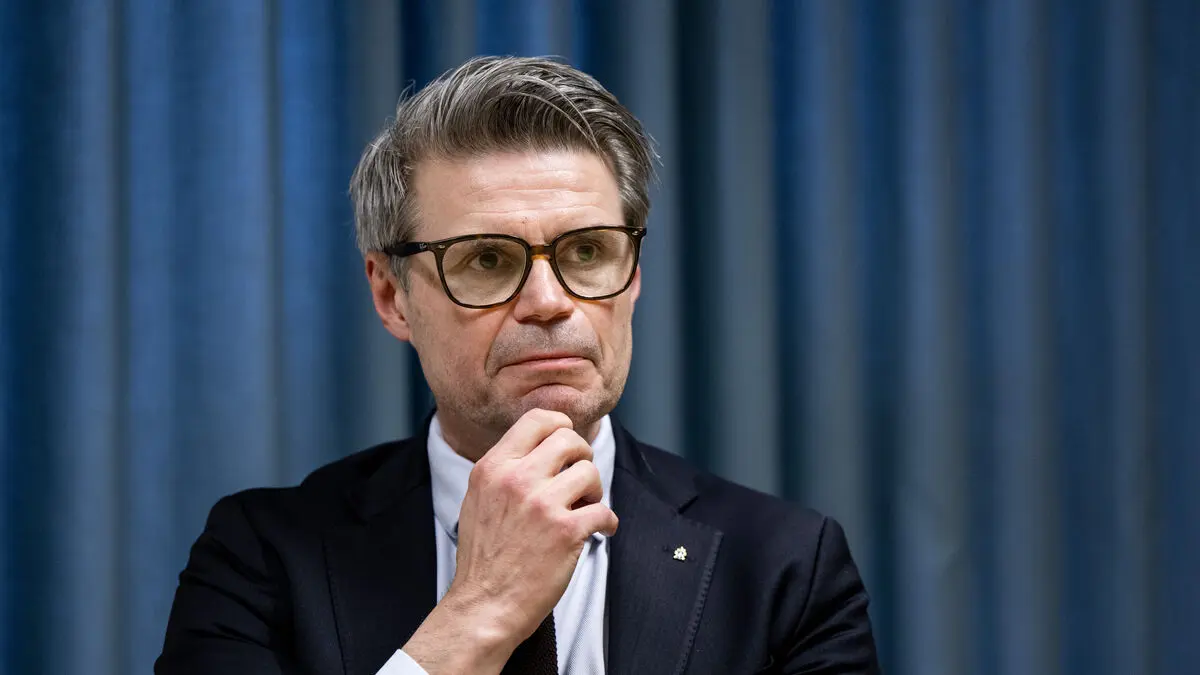The municipalities' costs for elderly care are falling behind as Sweden's population is getting older, writes the Fiscal Policy Council, which has taken a closer look at the cost development since the millennium shift.
The costs have not increased at the same rate as the demographic need, says Annika Sundén.
Although parts of the low costs can be explained, both the Fiscal Policy Council and the National Board of Health and Welfare Analysis believe that there has been a reduction in ambitions.
We have seen that there have been changes in the working conditions of the staff and that the thresholds have been raised to get a place in elderly housing, says Annika Sundén.
The Fiscal Policy Council expects the costs for elderly care to increase across the country, but in the larger municipalities, the increase will be offset by reduced costs for the young. At the same time, the cost pressure is expected to increase even more for already economically weak municipalities.
It is primarily small, declining municipalities that also often have an unfavorable demography that have it the hardest.






